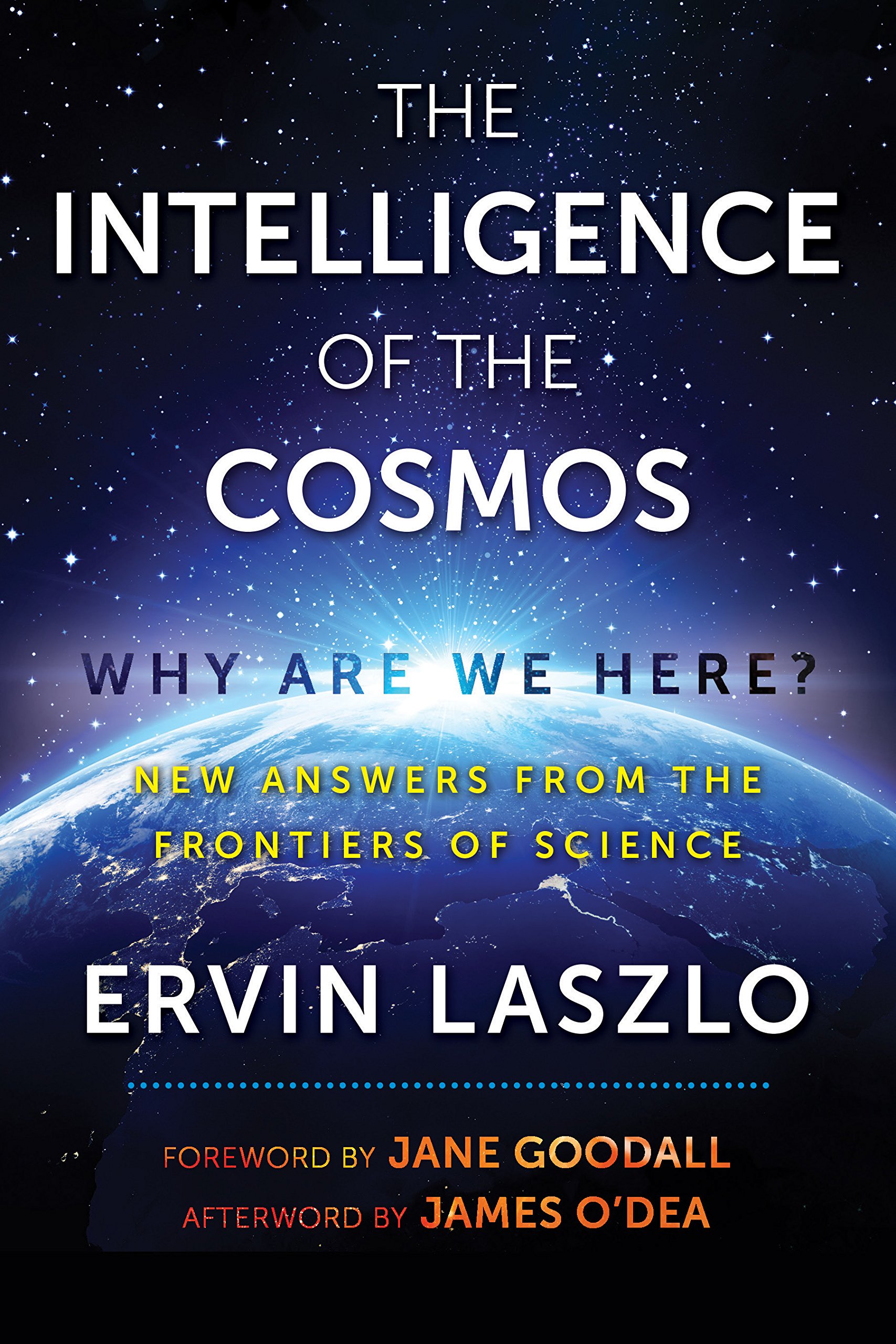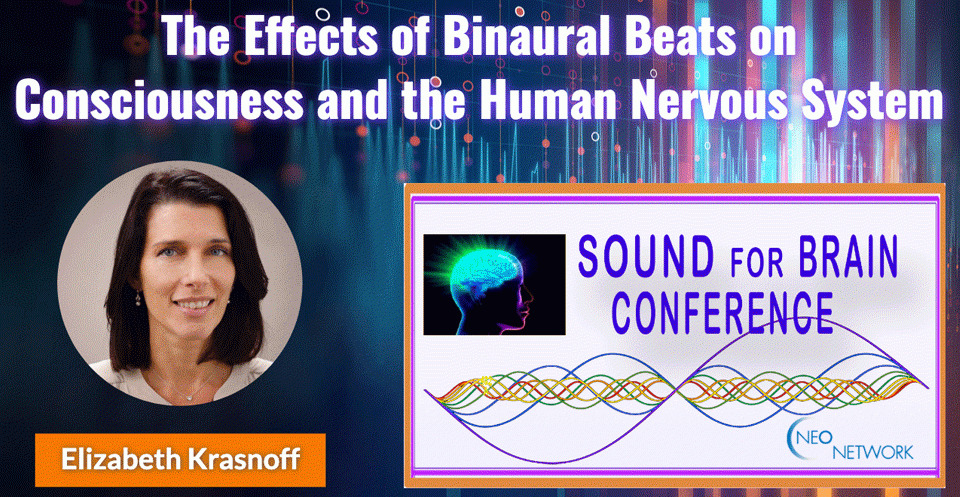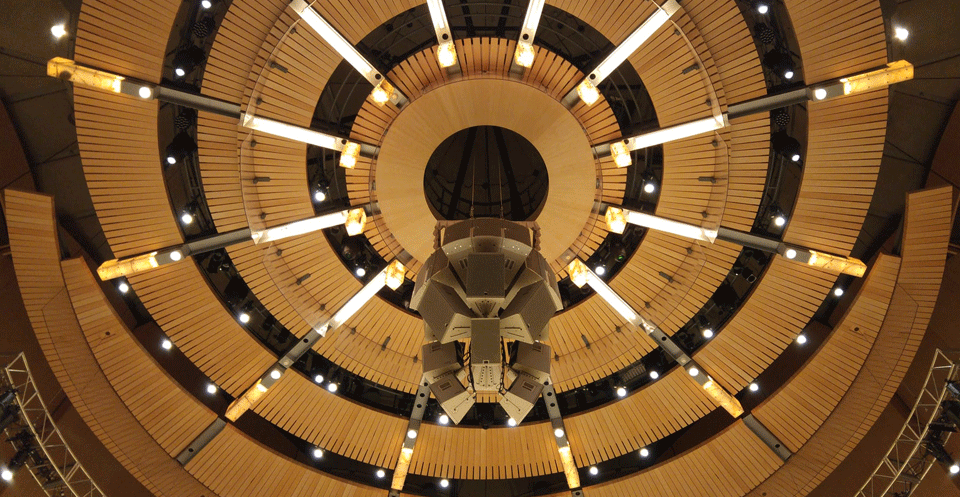Book Review: The Intelligence of the Cosmos: Why are We Here? by Ervin Laszlo

 A Review by Elizabeth W. Szatmari Krasnoff
A Review by Elizabeth W. Szatmari Krasnoff
Abstract: Ervin Laszlo breaks down his theory of everything into a credo of 8 statements. This review looks in some detail at Laszlo’s theories and also touches on the other writers who have been invited to participate. It is noteworthy that Laszlo breaks with the current scientific belief that we are without purpose, and that evolution has no purpose. He believes that compassion, love, and expansion are our purposes for being here.
"The laws of nature are instructions, precise algorithms, for the evolution of coherent systems in the space-time domain of our universe."
~Laszlo, p. 34
This review concerns the first 50 pages of this remarkable collection of essays, in which Ervin Laszlo challenges the notion of a meaningless universe. In short, he argues with remarkable persuasion for an understanding of the cosmos as a living organism.
In these pages Laszlo structures his thinking around three perennial questions proposed by mythologist Joseph Campbell: Who are we? Where did we come from? and Where are we going? Facing these questions, Laszlo proposes the existence of an intelligence that suffuses the universe itself as a prime mover seen on every scale of the cosmos. A prime mover that expresses itself through evolutionary processes that unfolds in time into increasingly coherent constellations of energy and action.
Throughout his essay, Laszlo views the cosmos in terms of coherent systems of energy and vibration.
The evolution of coherent systems, cosmologists believe, began in the wake of the singularity known as the Big Bang. But we have reason to believe that the Big Bang was not the beginning of physical reality in the world; it was only the beginning of this particular part of physical reality: our universe. Other universes may have existed prior to the Big Bang. There are findings that suggest that there was a universe, and possibly many universes, prior to the Big Bang... It appears that the Big Bang marked the birth of our universe in the context of a "multiverse" that included other universes. (p. 27)
Laszlo argues here as well as in many previous publications for a dynamic cosmic information field that undergirds external reality. He visualizes this field as vibrational, creating "Planck-scale ripples" that include electrons, protons, and neutrons (p. 34). In the beginning these ripples clustered together into the structures that constitute our universe. In this sense, we are all formed from vibrations. Going further, he argues that "The laws of nature are instructions, precise algorithms, for the evolution of coherent systems in the space- time domain of our universe" (p. 34). The underlying intelligence behind these algorithms is not random, but exhibits rules and purpose. As an example, he cites the Pauli exclusion principle, which states that no two electrons can inhabit the same orbit. This law could be said to act like air traffic control, making sure that all planes, or electrons, stay in their own flight paths. In another interesting metaphor, Laszlo describes something like an anti-trust law that operates in the cosmos, deconstructing systems back into smaller components when their limits of coherence have been exceeded (p. 37). What follows then is a new level of complexity and coherence.
Laszlo's thinking makes both common and cosmic sense. In chapter two he presents the thinking of Deepak Chopra and Menas Kafatos, who also attribute the laws of nature to cosmic intelligence, articulated in their case as complementary, creative interactivity, evolution, veiled non-locality, cosmic censorship, and recursion (p. 36).
On a different theme, Laszlo's picture of the cosmos and our purpose in it is illuminated by a surrender to compassion and love. His final summary states,
To integrate, harmonize, and unify all things, and at the same time embrace all things in oneness and love, is the Telos of all existence. It is the ultimate Telos of human existence. When all is said and done, it is why we are here. (p.35)
The word Telos is used here in its original Greek meaning of purpose. Although Laszlo does not mention the word God, his cosmic intelligence reminds this author of the religious notion of God. To address this question, in the second half of the book, Shamik Desai discusses the notion of God in the scriptures of the Semitic or Western faiths—Judaism, Christianity, and Islam—and in Eastern faiths—Hinduism, Buddhism, and Taoism. They have much in common with Laszlo's cosmic intelligence as a path of compassion to and an experience of unity and oneness (p. 111).
According to Stanislav Grof (2011), there are two pioneers in the field of "integrating transpersonal psychology into a new worldview" who deserve to be mentioned, Ken Wilber and Ervin Laszlo. Grof writes, "Where Wilber outlined what an integral theory of everything should look like, Laszlo actually created one" (p. 14).
Interestingly, Laszlo aligns with and often cites thinkers such as Einstein and physicist and discoverer of quanta, Max Planck, and physicist and engineer Nicholas Tesla, quoting the latter to say: "If you want to know the secrets of the universe, you should think in terms of energy, frequency, and vibration" (p. 13). Laszlo also pays tribute to scientist David Bohm's implicate order, noting the important contribution this discovery made to his work.
Laszlo's integrated worldview, however, is born into a hostile landscape. It is in stark contrast to the Newtonian-Cartesian worldview which still holds center stage in the West. In his book, Laszlo addresses mainstream thinkers such as cosmologist Steven Weinberg, who believe that evolution and consciousness are not purposeful but are a cold and impersonal set of mechanisms that randomly sit together without a plan. For Laszlo, long-term processes of evolution are not random, and they are not reversible. They manifest a “distinct directionality" (p. 28). He resists the notion of indifference and is a champion for reanimating our universe with coherence, meaning, and compassion.











